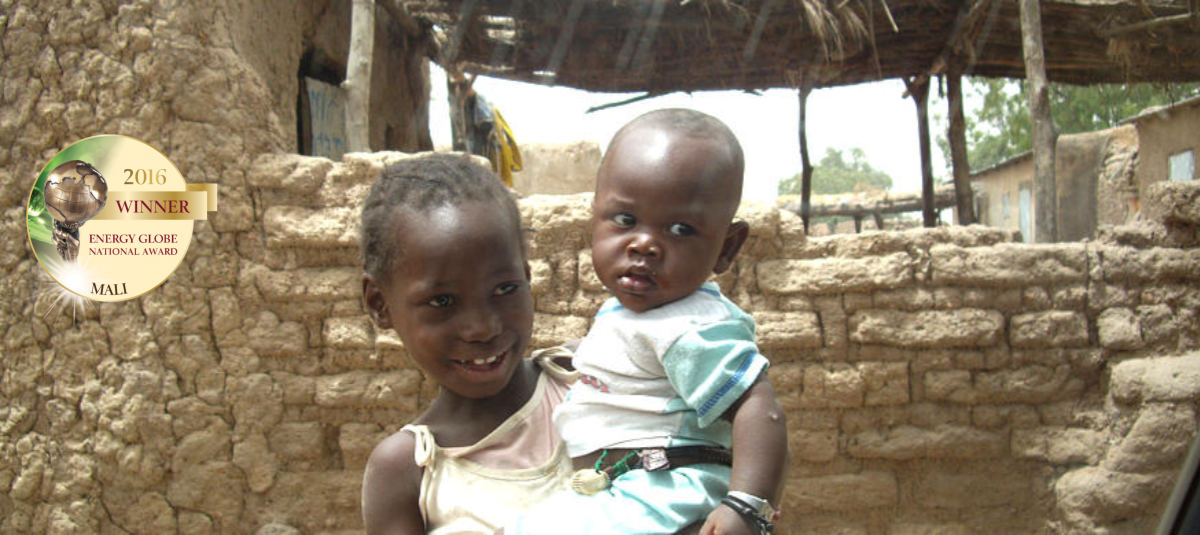Intended Projects
School gardens
Many rural schools have funding problems because the parents of the pupils are barely able to pay the school fees. By creating a school garden and selling vegetables wages of teachers can be co-financed and the villagers be supplied throughout the year with vegetables. Thus, the reduced school fees for poor families are affordable. The garden activities are integrated into the instruction, where the children get to know the basics of organic vegetable cultivation.
Small loans for women
In years of poor harvests, the total savings are often issued for food. In Somadougou women have organized themselves into self-help groups. They have lots of ideas for the improvement of the economic situation of their families, e.g. by minor dealing, small livestock and poultry breeding, or horticulture. Since these women usually lack seed capital, their initiative could optimally be supported by providing a loan fund for small loans.
Introducing refilling technique for printer and toner in Mali
The modernization of consumption in Mali and other developing countries gradually leads to disposal problems of industrial and electronic waste. Insanitary electronic waste such as printer cartridges and copier toner is simply thrown in the trash and eventually ends up in the landfill, in bricolage studios or households, which can be fatal. Numerous governmental and non-commercial institutions, NGOs and private work rooms include printers, copiers and fax machines to the work equipment. The replacement cartridges and toner are purchased on the market, which brings, according to consumption, very large annual administrative expenses and onerous waste with it. With the introduction of refilling systems (RS) from Germany, we will at a single stroke avoid discarding cartridges and toner, solve a health problem, generating a reduction in costs for consumers and create jobs for trained boys.
Capacity building: ITC training for municipal staff
Since the introduction of democracy in 1992 in Mali, there is still lack of skilled technical qualified municipal administration staff. As a key to success for democracy capacity building of staff of municipalities is a priority of the government and development institutions. To support this action of the government, we are planning to equip the 12 municipalities and the Board of Administration (Conseil de Cercle) of the Tominian district with PC-using solar energy and internet connections and to initiate and train three persons per municipality in the ITC.


